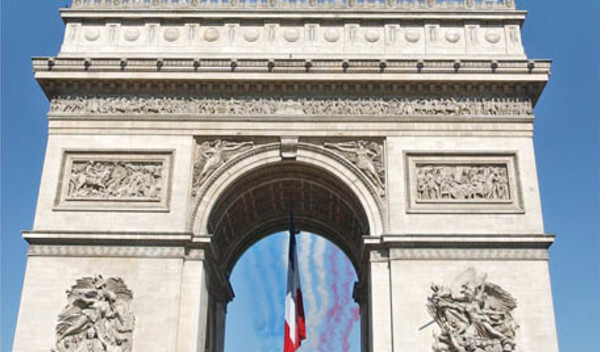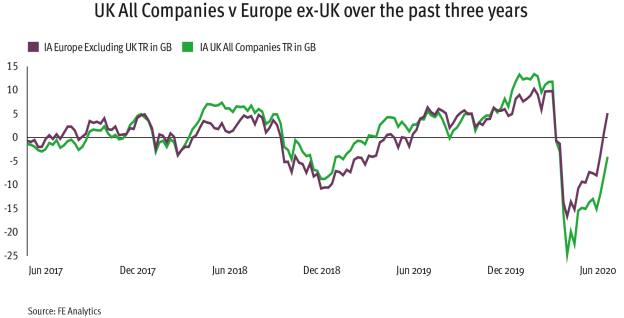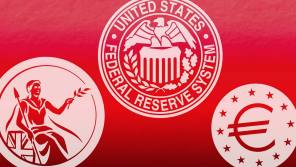

We can understand why investors are cautious about investing in Europe. Economic growth is uninspiring; its politicians even more so.
Europe lacks a technology giant, such as Amazon or Google, and its lacklustre stock market is dominated by large, bureaucratic multinational companies in sectors such as financials, consumer staples and even healthcare.
But investors distracted by the broader economic or political landscape will miss the incredible companies that can deliver outstanding growth over the next five to 10 years.
Key Points
- Europe lacks a tech giant.
- Many promising companies in Europe are niche, smaller-cap companies.
- Europe has many heritage brands.
Many such businesses lie in the smaller-cap end of the market, broadening the opportunity set in the listed sphere to around 1,150 companies.
Specialists outperform
Europe is home to many outstanding businesses: from ‘hidden champions’ – industrial companies dominating attractive niches thanks to a dedication to product and service quality – to luxury brand businesses that benefit from heritage and provenance, and younger, disruptive, internet-enabled businesses.
Looking at the market over the past 30 years, it is niche industrial businesses that have delivered the best returns.
These are companies such as ASML, whose lithography systems allow light to be projected through patterns to make blueprints for manufacturing semi-conductor chips, or Beijer Ref, whose environmentally-friendly fridges and freezers are playing a key role in reducing CO2 emissions in supermarkets and other commercial premises.
Some of the most exceptional opportunities can be found among European companies that are unlisted.
These are not embryonic businesses or ideas, but established companies choosing to remain private for longer.
Businesses like these tend to be asset-light and do not require much capital, while owners often find it is easier to create long-term value without short-term shareholders.
So far, only around 10 per cent of the world’s unicorns — private companies valued at more than $1bn (£791m) – have come from Europe, so it still has some catching up to do. Yet when we speak to companies in Berlin and Stockholm, we can see the mindset is changing.
A global outlook
The internet has made it much easier for smaller companies. The old theory that economies of scale are most important no longer holds. IMCD is a good example of a capital-light business, and has been run by the same chief executive officer and chief financial officer since it was set up in 1995.
A Dutch company, it markets and distributes speciality chemicals, which are used in cosmetics, food, drink, cars, detergents, paints and medication. As more chemical companies are outsourcing distribution, it operates in a growing market.

However, to describe IMCD as a European business would be misleading. IMCD is very much a global business, which has made several acquisitions in the US, where it has full national coverage.
We have noticed something similar when we compare Swedish engineering businesses, such as Atlas Copco or Alfa Laval, with their German or US equivalents.
The Swedish businesses, with small domestic markets, had to leave their home markets in order to grow and develop international skills and a more adaptable culture. This now means they can say, “We’ve been in China for decades”,an increasingly valuable advantage as markets in China, India and Latin America become more important.
Strong heritage
We like family-backed businesses, such as Atlas Copco, and NIBE, a leading manufacturer of heat pumps. NIBE has been run by the same owner for 30 years.
These Swedish companies’ business models depend on buying other family businesses, and that depends on those owners being prepared to sell. Understandably, owners want to know that the companies they have built up will be well looked after; family-run Swedish businesses with a long history of successful acquisitions tend to be more welcome purchasers.
Europe also has a rich provenance in leading brands such as Gucci, owned by Kering, and Cartier, owned by Richemont. A brand’s reputation can take decades to establish, but it can be destroyed overnight.
We have been impressed by the way in which Kering and Richemont have nurtured their brands, which comes back to their long-term vision.
When watch sales fell quite dramatically a couple of years ago, Richemont, which owns watch brands such as Jaeger-LeCoultre and A. Lange & Söhne, made the decision to buy back inventory from distributors, jewellery shops and watch stores and to melt some of it down.
It takes a lot of courage to do that and take a short-term hit to the margins, but the company was prepared to do it to safeguard the b§vrand in future.
L’Oreal, another strong European brand, has stayed ahead of the times, using digital sales and marketing effectively. We believe the strongest European brands will have staying power, because they are owned by families who seek to pass on a healthier business to the next generation.
Europe has many gems — brands with a heritage spanning decades; niche, almost hidden industrials; adaptive founder or family-run companies whose objective is not just to pass on the business but to hand it on to the next generation in better shape.
Yet too often investors considering Europe are blinded by allocation decisions about sectors or countries.
They would be better served by finding the small number of innovative, proactive companies that happen to be domiciled in Europe.
A focus on the management and culture of a business, and how that impacts its ability to deliver future success, will unearth the companies that will be ultimate winners.
Stephen Paice is manager of the Baillie Gifford European Growth Trust



